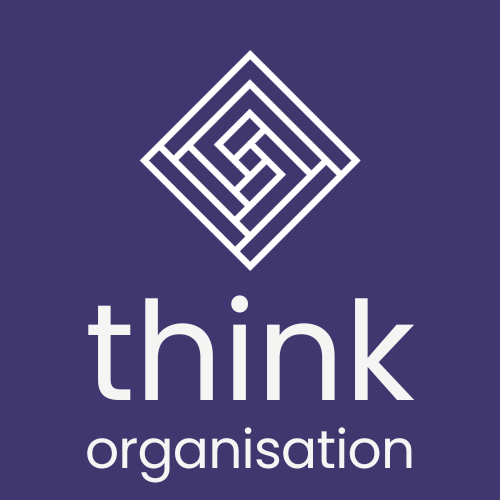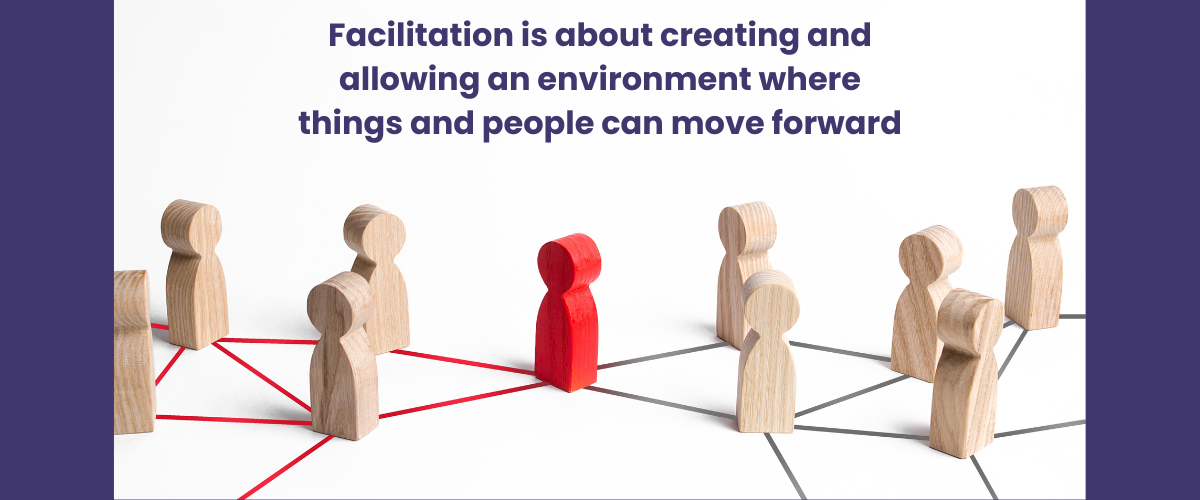Board meetings are pivotal moments for strategic decision-making, governance, and organisational oversight. Yet how many businesses invest in a professional facilitator to ensure ROI is delivered?
Inefficient meetings, misaligned strategies, and unresolved conflicts can be costly to any business, especially when they occur in the boardroom.
A professional facilitator brings structure, focus, and efficiency to meetings, workshops, and decision-making processes. This has been proven (repeatedly!) to save time and money.
When that facilitator also has expertise in workplace psychology, they add even greater value by enhancing team dynamics, enabling people to be themselves and empowering everyone to work together to foster a productive working environment.
A facilitator, who is independent of the organisation, can add value and save your business money through the following steps:
1. More Productive Meetings
Currently, the average employee spends 31 hours per month in unproductive meetings (Forbes, 2023), which is a huge cost to businesses. In the UK, SMEs waste an average of £5,796 per employee per annum on unproductive meetings. This is a significant cost and is getting worse with hybrid working.
A facilitator can ensure meetings stay on track, and with a recent client a full review of meetings delivered a saving of 27 hours per month for each employee, removing duplication and reducing confusion. Profit increased significantly as a result, as did employee engagement and staff retention levels.
2. Maintain Strategic Focus
Board meetings can often descend into operational discussions, losing their focus on values, purpose and strategy.
Having a facilitator can ensure this doesn’t happen, especially as sometimes the Chairperson can get embroiled in these discussions. Training your Chairperson to be a great facilitator can add a huge advantage here too.
Previous relationships, experience and preferences can shape discussions which may be based on cognitive bias. Having a facilitator who is a Workplace Psychologist helps prevent this from happening.
Recent new articles, such as the Post Office scandal, could have benefited from an independent facilitator.
3. Create Inclusive Cultures
Many people avoid speaking in some meetings, or when they do, they avoid speaking their absolute truth including ideas, suggestions and criticisms. This can lead to groupthink, hindering innovation.
Being able to balance contributions from individuals, ensuring dominant personalities don’t dominate discussions to the detriment of more reflective personalities.
Understanding team dynamics, and being an independent facilitator allows the rest of the people in the room (with the skills and expertise) to fully participate in their meeting – instead of being sidetracked by agendas and potential personal conflicts which arise.
4. Improves Employee Engagement
The cost of replacing an employee is expensive.
Not only do businesses lose knowledge, expertise and skills but it also has a damaging impact on other employees, and at times just one employee leaving can cause an ‘exodus’.
The cost of replacing a lost employee is 6-9 months of their salary in absolute terms but much higher when lost efficiencies and the reality of training people comes into play.
Having experienced and skilled facilitators ensures that everyone is heard, meetings become more productive and employee engagement increases.
Difficult discussions (e.g. about pay or renumeration) for some leaders can be helped through facilitations to ensure everyone benefits from the working relationship and exchange of services.
5. Ensure Governance & Risk Management
Balancing doing the right thing, and complying with legal regulations and complicated frameworks can be difficult.
Discussions can often be swayed around the choices organisations may or may not have in terms of the level of risk they want to accept. Often this gets lost in meetings when people push their own agendas, which can lead to decisions not being made effectively.
Reputational risk and huge fines are commonplace when boards or senior leaders fail to have the appropriate levels of governance in meetings.
A skilled facilitator ensures that governance requirements are met and there is the appropriate level of effective scrutiny applied to risk-based decisions.
Having a facilitator is not just a ‘nice to have’. It is fundamental to ensuring your business meetings are more effective. Even twice a year facilitated strategy meetings have been proven to add value to organisations ensuring good habits are established and maintained.
Investing in the expertise of a facilitator strengthens governance, improves board dynamics, and ultimately contributes to a healthier, more successful organisation. Reach out if you would like to know more.



